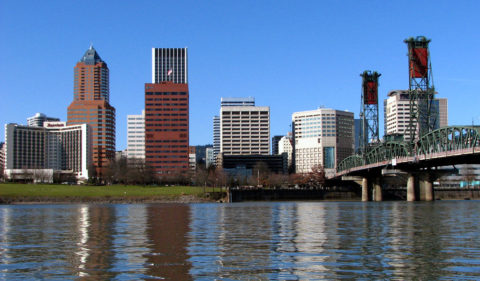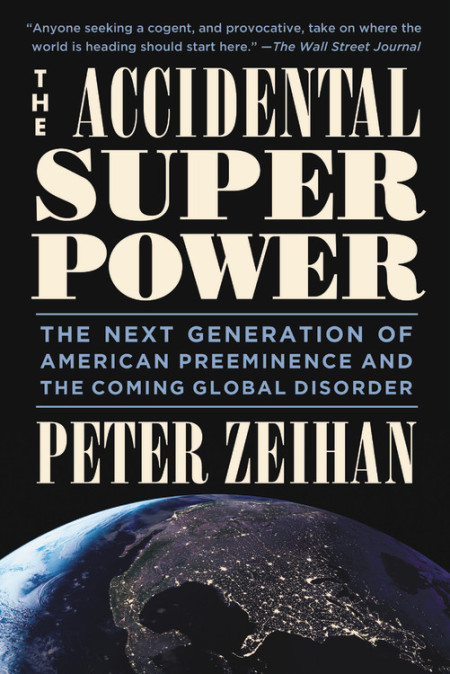In City Journal, Christopher F. Rufo talks about the “child soldiers of Portland”:

“Portland, Oregon” by Ben Amstutz is licensed under CC BY-NC 2.0
There are only a few places on earth where radicals and their children ritualistically burn the American flag and chant “Death to America”: Tehran, Baghdad, Beirut, Kabul, Ramallah — and Portland, Oregon.
The City of Portland, a cloud-covered metro on the south bank of the Columbia River, has become known for its political protesters. Anarchists, Communists, ecofascists, and various other agitators regularly denounce the police, politicians of both parties, and America itself, and flag-burning has become part of the protesters’ liturgy. Last summer, protesters associated with Antifa upped the ante with chants of “Death to America” and participated in months of violent protests to avenge the death of George Floyd while he was in police custody in Minneapolis. Children as young as four marched with the crowd to the federal courthouse, raising the Black Power fist and chanting “Fuck the Police!”
Famously the “whitest city in America”, Portland has become the unlikely headquarters of race radicalism in the United States. The city has elevated white guilt into a civic religion; its citizens have developed rituals, devotions, and self-criticisms to fight “systemic racism” and “white supremacy”. The culminating expression of this orthodoxy is violence: street militias, calling themselves “antiracists” and “antifascists”, smash windows and torch the property of anyone transgressing the new moral law.
We might be tempted to dismiss this as the work of a few harmless radicals “keeping Portland weird”, but in recent years, their underlying ideology on race has become institutionalized. The city government has adopted a series of Five-Year Plans for “equity and inclusion”, shopkeepers have posted political slogans in their windows as a form of protection, and local schools have designed a program of political education for their students that borders on propaganda.
I have spent months investigating the structure of political education in three Portland-area school districts: Tigard-Tualatin School District, Beaverton School District, and Portland Public Schools. I have cultivated sources within each district and obtained troves of internal documents related to the curriculum, training, and internal dynamics of these institutions. We can best understand the political education program in Portland schools by dividing it into three parts: theory, praxis (or practice), and power. The schools have self-consciously adopted the “pedagogy of the oppressed” as their theoretical orientation, activated it through a curriculum of critical race theory, and enforced it through the appointment of de facto political officers within individual schools, generally under the cover of “equity and social-justice” programming. In short, they have begun to replace education with activism.
The results are predictable. By perpetuating the narrative that America is fundamentally evil, steeping children in race theory, and lionizing the Portland rioters, they have consciously pushed students in the direction of race-based “revolution”. In the language of the Left, the political education programs in Portland-area districts constitute a “school-to-radicalism pipeline”: a training ground for child soldiers. This is not hyperbole: some of the most active and violent anarchist groups in Portland are run by teenagers, and dozens of minors were arrested during last year’s riots. These groups have taken up the mantle of climate change, anticapitalism, antifascism, and Black Lives Matter — whatever provides a pretext for violent “direct action”.
Contrary to those who believed that the end of the Trump presidency would bring a “return to normalcy”, the social and political revolution in Portland has only accelerated under President Joe Biden. On Inauguration Day, teenage radicals marched through southeast Portland, smashing the office windows of the state Democratic Party and unfurling large banners with hand-painted demands: “We don’t want Biden, we want revenge”; “We are ungovernable”; “A new world from the ashes”. Intoxicated by revolution and enabled by their elders, Portland’s kids are not all right.






